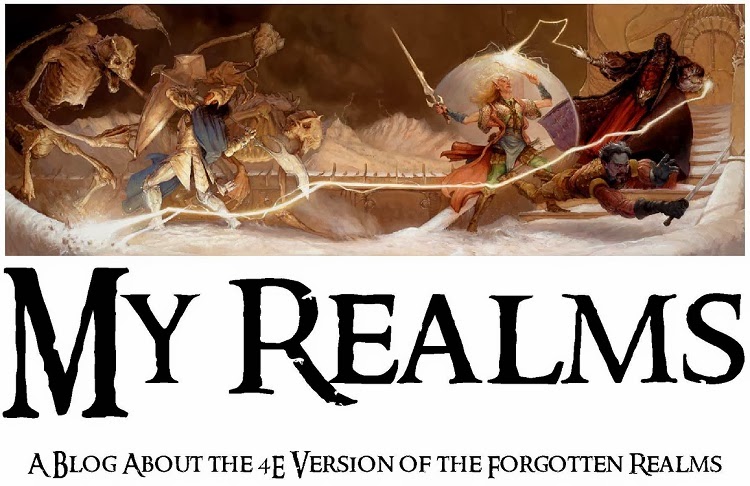Action Points
Your PC gets an action point each encounter. This cannot be saved for the next encounter.
NB: This makes the Action Surge feat for humans particularly worthwhile.
Critical Hits
Against Minions
Right now, a critical hit against a minion is wasted. So, if you roll a natural 20 against a minion you may choose one of the following effects:
1. make a basic attack against another minion;
2. gain a +2 bonus to attack rolls until the end of your next turn; or
3. the next time you roll a natural 1 on a d20 before the end of the encounter you may reroll the d20.
Against Non-minions
Instead of the normal effects of a critical hit, you may choose to reroll a single d20 result that you do not like before the end of the encounter. This can be your attack roll or saving throw, or the attack roll or saving throw of an enemy.
Fate Points
You start the game with 1 fate point. You gain 1 new fate point each time you gain a new level. The DM may award a fate point for achieving something extraordinary (DM's discretion).
Spending fate points does not require an action. You may spend as many as you wish and you may interrupt the turn of an enemy or ally to use them. (Essentially, they trump every other action.)
You may choose one the following effects when you spend 1 fate point:
1. All conditions affecting you end (including the dying condition). You stand up from prone if you were prone. You regain hit points as if you had spent a healing surge. You may also spend up to 2 healing surges. You gain a +2 bonus to your defences and resist 5/tier all until the end of your turn.
2. You gain a standard action with which you must use an attack power.
- If your attack has a single target, you do not roll your attack roll but your attack roll is treated as if you rolled a natural 20 and thus a critical hit.
- If your attack roll has multiple targets, you roll all your attack rolls but you may replace any 1 die result with a natural 20 and thus a critical hit.
3. You regain all your expended encounter and daily powers (including magic items powers) and they are available for your use. You regain all your expended healing surges. You regain hit points equal to your bloodied value.
4. Until the end of this encounter, you may reroll any die or dice when you do not like the result.
5. It is the end of the encounter and you are dead. You are not dead. All other conditions that were affecting you end. You have hit points equal to your bloodied value. You gain all the benefits of an extended rest.
Each of these benefits are significant - perhaps even overpowered - but these are meant to represent that the PCs are truly extraordinary and are touched by fate.
There is one other way in which a fate point can be used but this is strictly for negotiation between the player and the DM: you may use 1 or more fate points to alter reality. Let's just say you may change something in the campaign or discover an important secret. However, be careful before using a fate point in this way: you don't want it to ruin the game or your sense of achievement in particular.
Milestone
These are not being used. If something triggers off a milestone - I think there are a few magic items that do - just replace the word "milestone" with "encounter".

No comments:
Post a Comment